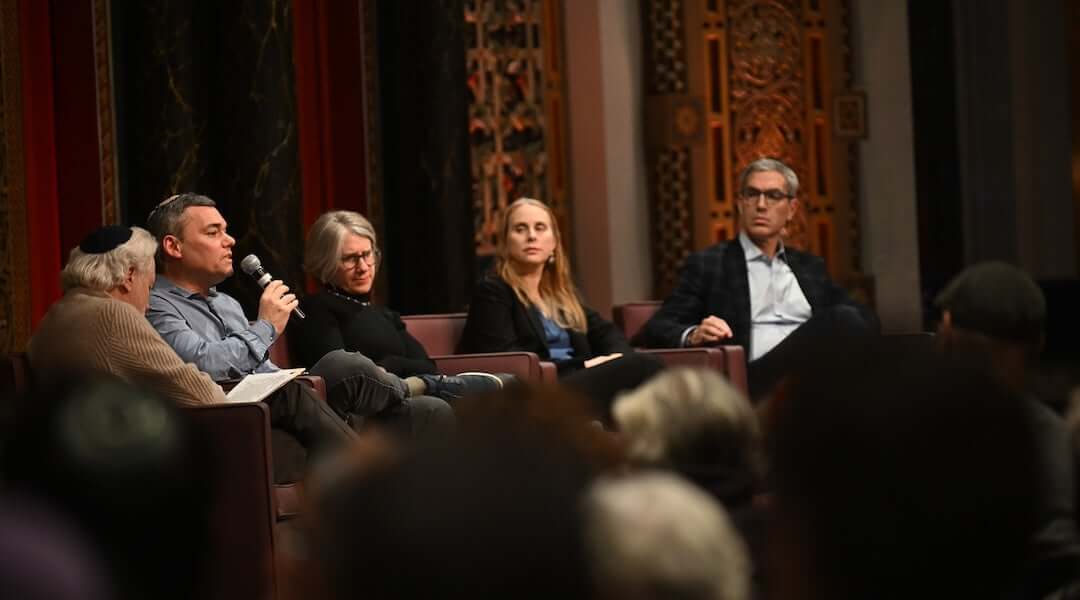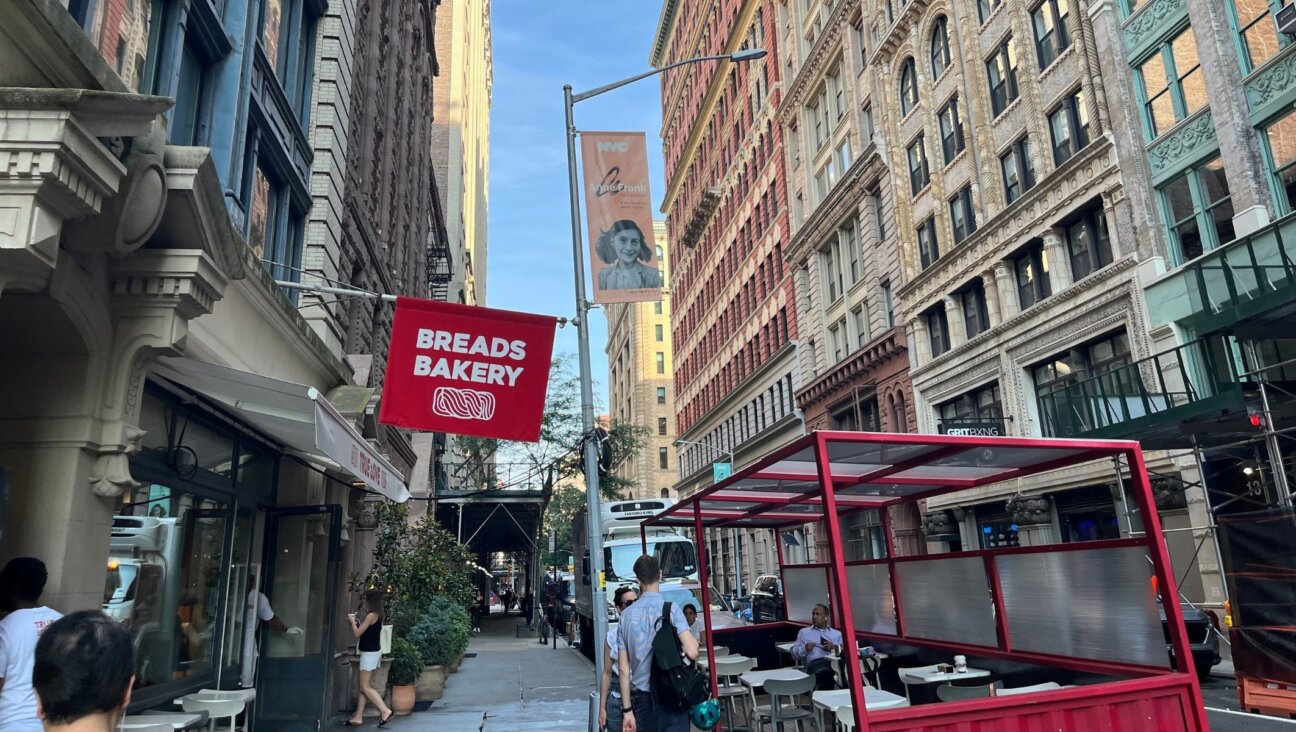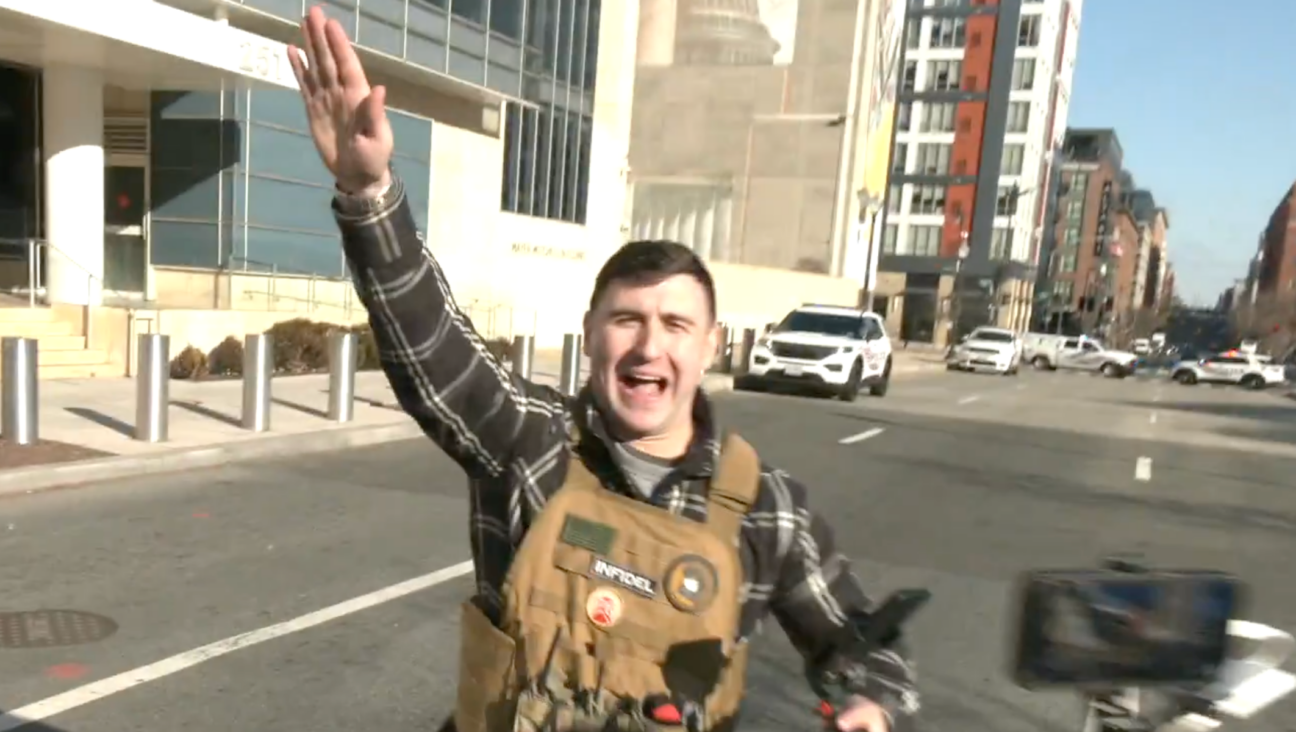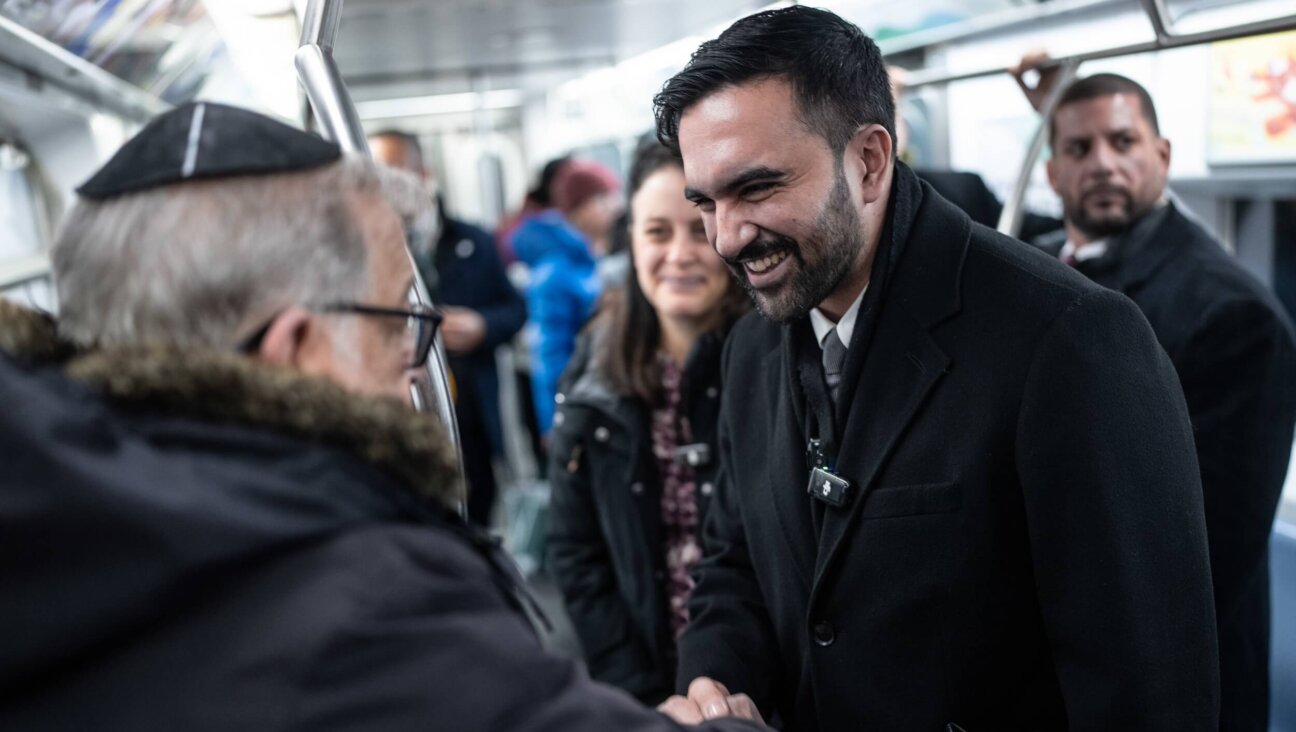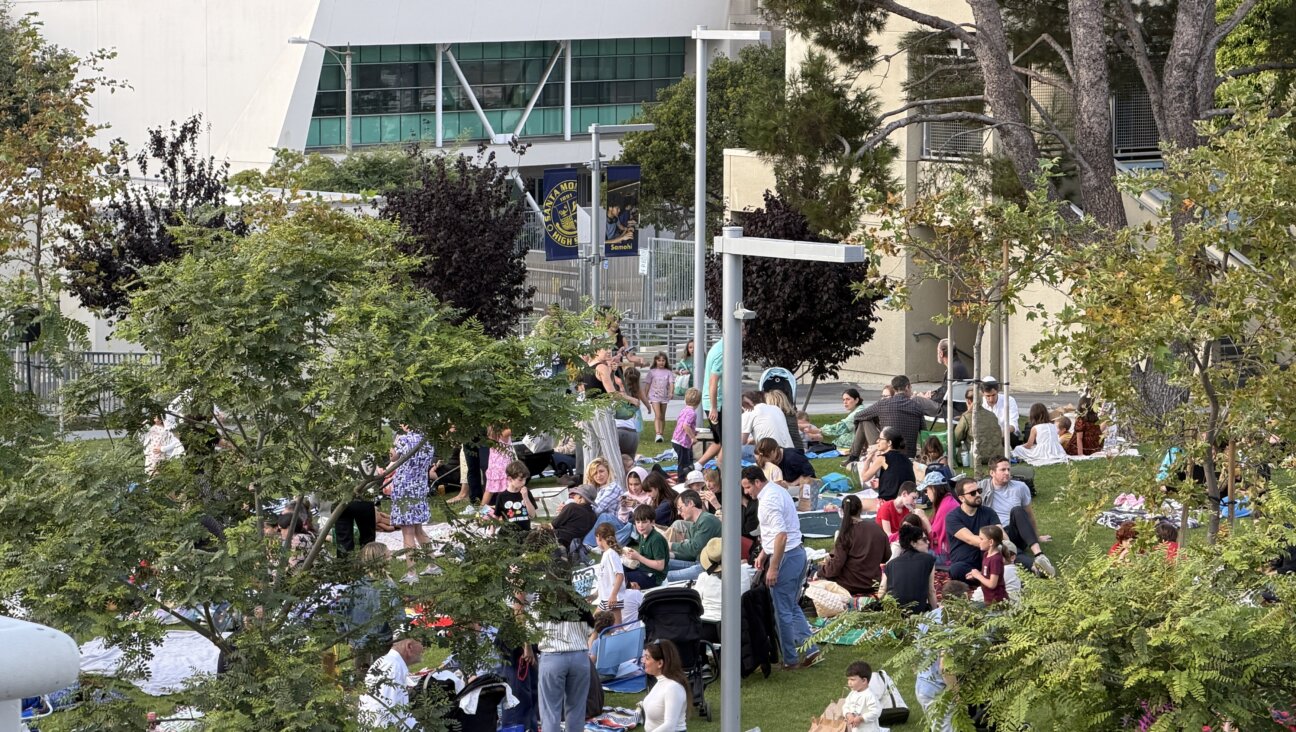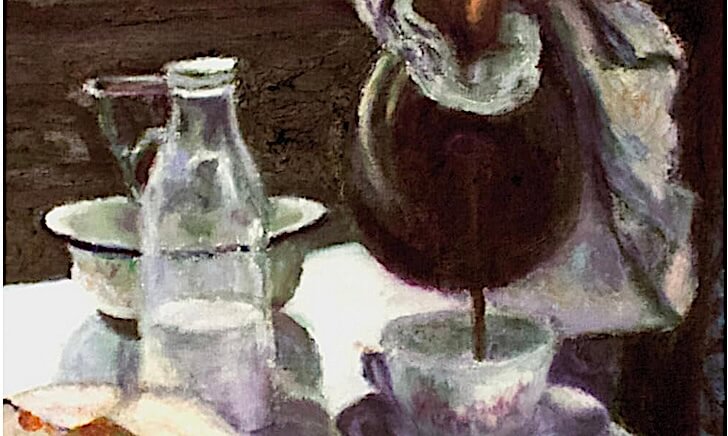Syria Chemical Weapons Still Secure: Israel
Syria’s chemical weapons are still secure despite the fact that President Bashar al-Assad has lost control of parts of the country, a senior Israeli defence official said on Sunday.
Amos Gilad told Army Radio that the civil war between Assad and opposition forces fighting to topple him had become deadlocked, but that the Syrian leader showed no signs of heeding international calls to step down.
“Suppose he (Assad) does leave, there could be chaos … in the Middle East you never know who will come instead. We need to stay level-headed; the entire world is dealing with this. At the moment, chemical weapons are under control,” Gilad said.
As Syria’s southern neighbour, Israel has been concerned about chemical weapons falling into the hands of Islamist militants or Lebanese Hezbollah fighters, warning it could intervene to stop such developments.
Western countries said three weeks ago that Assad’s government might be preparing to use poison gas to repel rebel fighters who are encamped around Damascus, the capital, and who control rural Aleppo and Idlib in the north.
“The opposition is not managing to defeat him and he is not defeating the opposition, though more and more parts of Syria are no longer under his control and that is what matters,” Gilad said.
The rebels – mainly Sunni Muslims – are pushing southwards from their northern strongholds into the central province of Hama.
But Assad, who is from the Alawite minority linked to Shi’ite Islam, has responded with artillery, air strikes and, according to NATO, with Scud-type missiles.
Western powers and some Arab countries have called for Assad to step down, but Russia’s Foreign Minister Sergei Lavrov said on Saturday that international efforts to persuade Assad to quit would fail.
Lavrov said Russia had rejected requests from countries in the region to pressure Assad to go or to offer him safe haven. If Assad did exit the political scene, it could lead to an upsurge in the fighting that activists say has killed 44,000 people since the uprising began in March 2011, Lavrov said.
